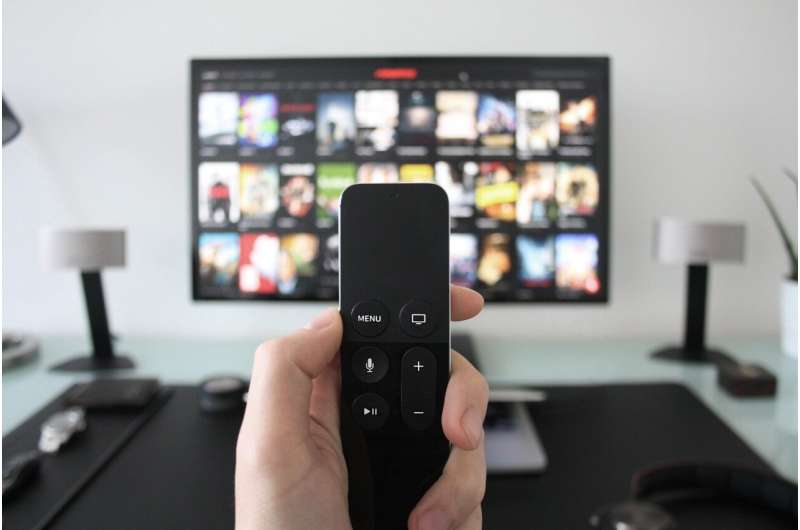The Hidden Bacterial Hotspots in Your Daily Life and How to Sanitize Them

Discover common household items like shopping carts, sponges, and phone screens that harbor bacteria and learn simple ways to keep them sanitized to protect your health.
Our daily routines expose us to numerous surfaces that can harbor bacteria, many of which are harmless but some capable of causing illness under certain conditions. Items like shopping trolley handles, kitchen sponges, chopping boards, tea towels, mobile phones, toothbrushes, bathmats, pet toys, and even hotel TV remotes are common bacterial hotspots often overlooked in routine cleaning.
Shopping trolleys are touched by many people and are rarely disinfected. Studies have found that over 70% of these carts are contaminated with coliform bacteria, including E. coli associated with fecal matter, as well as Klebsiella, Citrobacter, and Pseudomonas species. To protect yourself, always sanitize trolley handles before use, especially when handling food or touching your face.
Kitchen sponges are among the dirtiest household objects. Porous and damp, they provide an ideal environment for bacteria growth. Within two weeks, a sponge can harbor millions of bacteria, including fecal coliforms. Regularly disinfect by microwaving, soaking in vinegar, or running through the dishwasher, and replace if they develop an odor.
Chopping boards can trap bacteria in knife grooves, with pathogens like Salmonella and E. coli capable of surviving for hours. Use separate boards for raw meat and vegetables, clean thoroughly with hot, soapy water, and replace when grooves become deep.
Reusable tea towels, often used daily for drying and cleaning, are also bacterial reservoirs. E. coli and Salmonella can survive on cloth towels for hours. To minimize risk, opt for paper towels, wash cloth towels regularly in hot water with bleach, and use different towels for different tasks.
Mobile phones, constantly handled and often kept in warm, moist environments, can carry harmful bacteria such as Staphylococcus aureus. Clean your device with a damp microfiber cloth and wash your hands frequently, especially after using the phone in bathroom settings.
Toothbrushes stored near toilets are vulnerable to contamination from plumes of microscopic droplets caused by flushing. Store toothbrushes away from the toilet, rinse after use, air dry upright, and replace every three months.
Cloth bathmats absorb water and create humid environments conducive to bacteria and fungi. Hang to dry after use and wash weekly at high temperatures. Alternatively, consider using antimicrobial bath mats made from diatomaceous earth.
Pet towels and toys can harbor E. coli, Staphylococcus, and Pseudomonas, thriving in damp conditions. Wash pet supplies weekly with hot water and pet-safe detergent, and regularly replace worn toys to maintain hygiene.
Shared grooming tools like nail clippers and cuticle pushers can spread bacteria such as MRSA, Pseudomonas, and other skin-infecting microbes. Always sterilize tools before use or bring your own to salons.
Airport security trays are frequently contaminated, including with E. coli. Wash your hands or use sanitizer after handling trays, especially before eating.
Hotel TV remotes, often dirtier than toilet seats, can carry bacteria such as E. coli, enterococcus, and MRSA. Wipe them with disinfectant upon arrival and wash your hands after use.
In conclusion, while it’s impossible to eliminate all germs, regular cleaning, proper storage, and good hygiene habits significantly reduce the risk of bacterial infections from these common objects. Remember, maintaining cleanliness with simple steps helps safeguard your health in everyday life.
Stay Updated with Mia's Feed
Get the latest health & wellness insights delivered straight to your inbox.
Related Articles
Habit of Scrolling on the Toilet May Raise Hemorrhoid Risk, New Study Finds
Using smartphones while on the toilet can increase the risk of hemorrhoids by up to 46%, according to recent research. Prolonged sitting and distraction are key factors in hemorrhoid development, emphasizing the importance of mindful bathroom habits and reduced device use.
Grounding and Sleep: Exploring the Science Behind a Popular TikTok Trend
Discover the science behind grounding, a popular TikTok trend, and its potential to improve sleep and reduce stress. Learn what current research says about this natural practice and how it might benefit your health.
Cardiologist Supports Nurses in Adopting Healthier Eating Habits and Self-Care
A cardiologist has launched a lifestyle program to help nurses adopt healthier diets and manage stress, aiming to prevent cardiovascular disease and promote overall well-being among healthcare workers.



